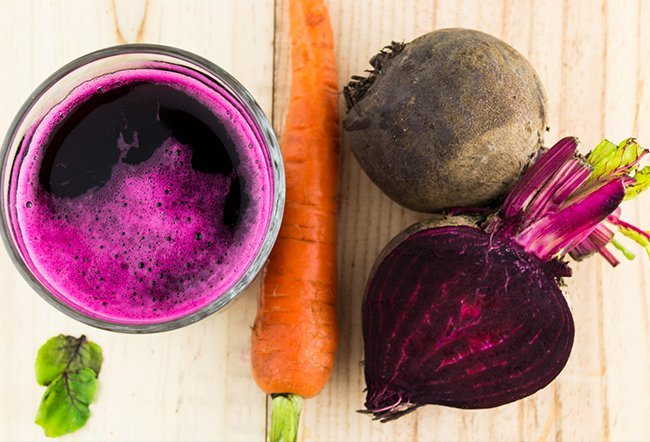What is a juice cleanse?

A juice cleanse, like other detox diets (including the famous colon cleanse), is usually undertaken in an effort to clear out toxins from the body and gut. At best, a juice cleanse is a quick way to lose weight (and probably gain it back just as quickly).
If you’re like many people, you might have adopted a better diet, purchased supplements to boost your health, and started an exercise program as you’ve gotten older. On the quest for good health, you might also decide to plan a juice cleanse, detox diet, or another type of regimen that promises to rid your body of toxins that accumulate in your blood, skin, internal organs, or gut over time.
Can these cleanses provide real and lasting health benefits, or are they just hype? Learn more about juice cleanses and determine if they’re right for you — and whether or not they’ll net you the results you’re looking for.
Is juicing healthy?
People mean different things when they talk about juicing. Simply drinking the juice of apples, carrots, celery, beets, and other healthy foods isn’t necessarily bad for you. Drinking lots of it, though, as well as fasting while drinking juice for days at a time, is.
Juice alone doesn’t provide the fiber that you’d get if you were eating the entire fruit or vegetable it came from. Fiber helps regulate your blood sugar and it keeps you feeling full between meals.
Are juice cleanses effective?
A juice cleanse, like other detox diets (including the famous colon cleanse), is usually undertaken in an effort to clear out toxins from the body and gut. Many people believe that these toxins can build up in the body and lead to health problems including immune system issues, fatigue, and arthritis.
The problem is that there is no substantial research to back up these claims.
At best, a juice cleanse is a quick way to lose weight (and probably gain it back just as quickly). At worst, if you don’t take safety measures, a juice cleanse can cost you a lot of money and actually be dangerous for your health.